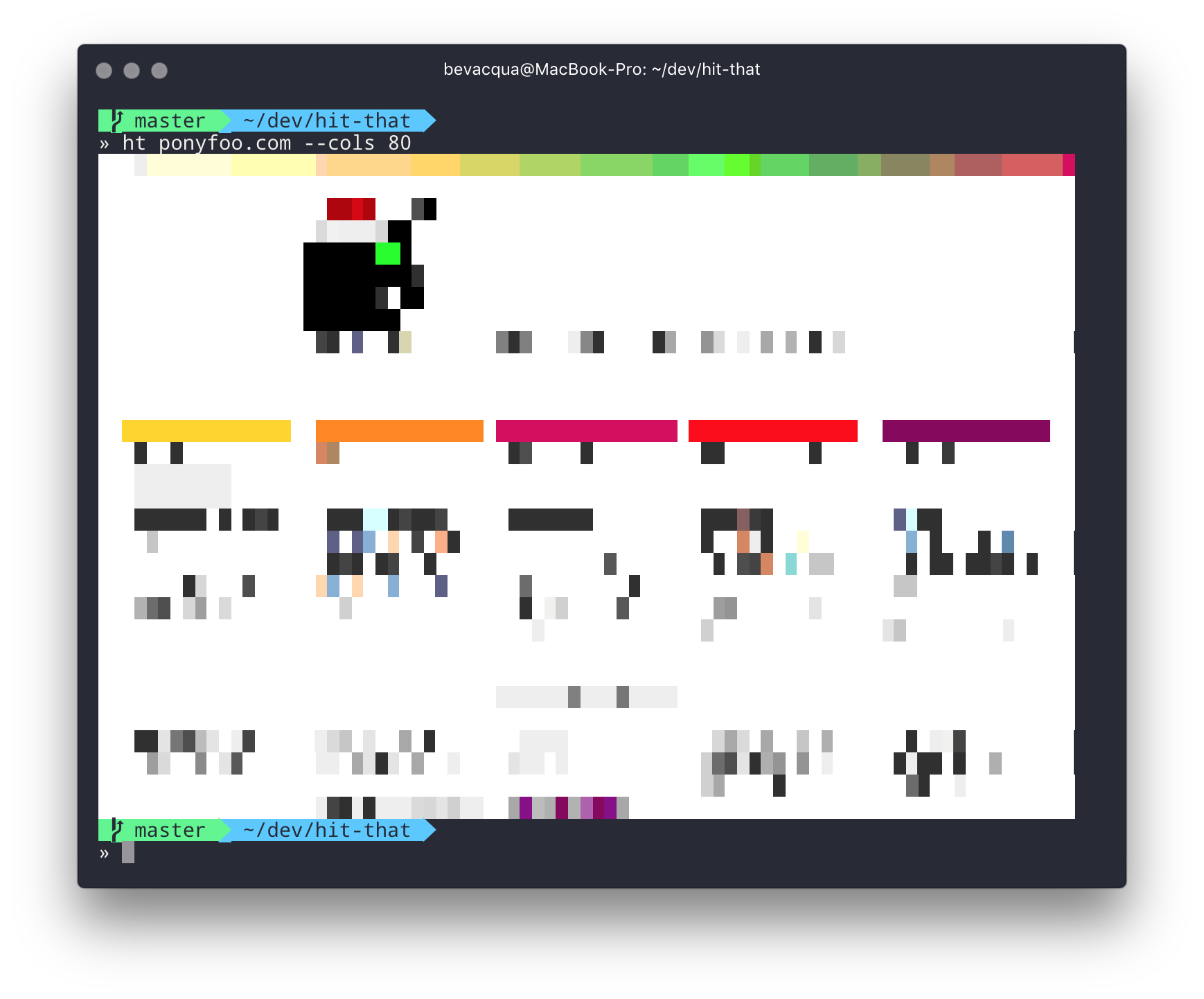Open-Source
I wrote hundreds of open-source modules for both front-end development and Node. You can find all of my public work on GitHub. The vast majority revolves around a lot of simple JavaScript modules, and helpful command-line utilities, as well as workshops, and the occassional browser extension. I’ve published JavaScript and CSS quality guides on GitHub, as well as a detailed ES6 feature list.
Below, you can find a few of the projects I enjoy maintaining and working on.







